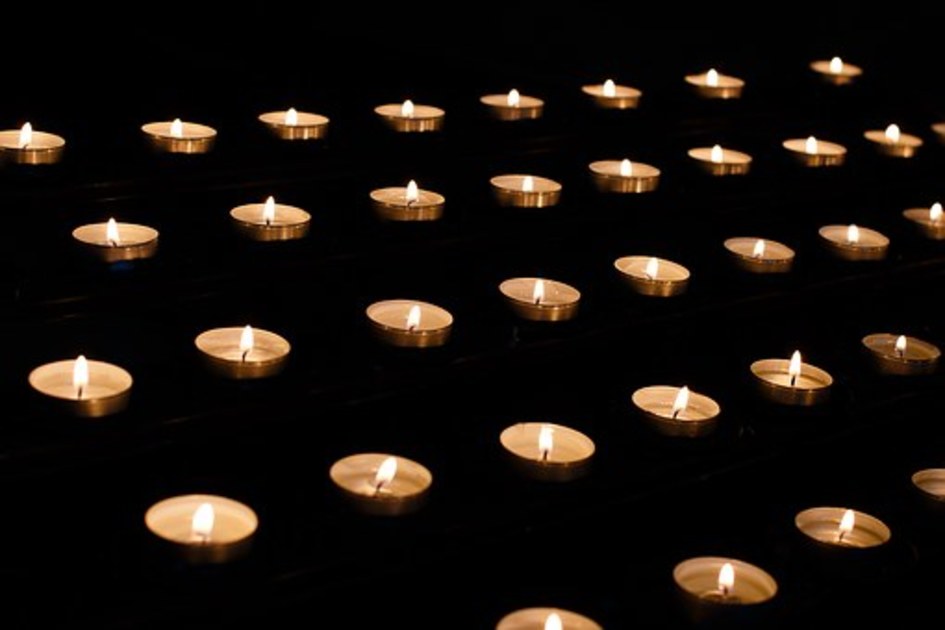
Tragedy Triggers – Parshat Shemini
Tragedies happen. There are tragedies which clearly effect an entire nation. They may be man-made tragedies or 'acts of God' but they are tragedies nonetheless. We are touched by these tragedies and the pain of the loss and the difficulties encountered by survivors. But often, maybe even unfortunately so, after a heartfelt "Tsk, tsk. How sad that these tragedies occur," we continue on with our daily lives trying to not let these 'things' keep us down.
In this week's parsha, Parshat Shemini, the Torah discusses a similar situation. Upon the completion of the building of the Tabernacle in the desert, the nation of Israel prepared for a big celebration. In the midst of the celebration, two of Aaron's sons, Nadav and Avihu, were killed by a bolt of lightning. This obviously cast a pall over the celebratory atmosphere. Yet we find something a bit odd here. There is no mention that the nation mourned the deaths of these two sons of Aharon. In fact, it is almost as if the nation had to be obligated to do so3 - even if they felt no sadness at their passing.
The two sons may not have been well-known by the nation aside from their being the 'sons of Aaron". The 19th century sage, the Netziv points out that in fact when we compare their deaths with the passing of Aaron and Moses,2 we find that Moses and Aaron were both mourned by the people in a spontaneous outburst of sadness.
"How can you obligate someone to cry?" asks the Netziv. He answers that you cannot. But you can hook into the sense of tragedy that you feel and use that to express your own frustrations and prayers for your situation to improve. Using the tragedy to try to attain a more meaningful life for yourself, especially in this kind of situation where there is no direct contact with the sufferer/victim, he concludes, even does honor for those who suffered in that they are then part of your growth. Their deaths will not have been in vain.
Dr. Viktor Frankl often talks in his writings and speeches about how we use suffering to our own advantage. This is not to say that we look forward to tragedies or that we should somehow create our own tragedies – that would be nothing short of masochism. But once tragedy strikes and triggers some kind of reaction in us whether or not we are directly related to that tragedy, we can use that experience to learn more of ourselves and to even use it for self-development.
Just look at how people react to Nick Vujicic. He was born without arms or legs and yet is able to inspire people around the world with his own message of not giving up no matter how hard it gets.4
Tragedies happen. They may be unavoidable. They can cause pain and suffering to others or to ourselves. How we deal with that is up to us. We can decide to take these tragedies and turn them into triumphs – not an easy road to go on but one that will help us lead a more fulfilling and meaningful life.
Click here to read another logoParsha article on Parshat Shemini (Suffering Traumatic Loss)
Notes
- Vayikra 10:1-2
- Bamidbar 20:28-9; Devarim 34:5-8
- Vayikra 10:10
- Here is a link to a short edited clip of Nick Vujicic– click here
Have A Great Shabbat!![]()
For More Information On Logotherapy And How You Can Create A Fuller, More Meaningful Life, Or To Book An Online Session,
- Call Me At +972-54-589-3399, or in Israel 054-5893399
- Contact Me Thru my email at [email protected]

 Previous
Previous

